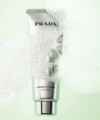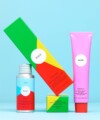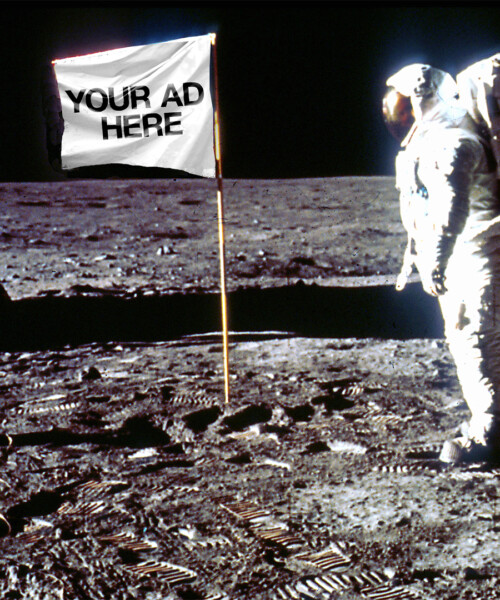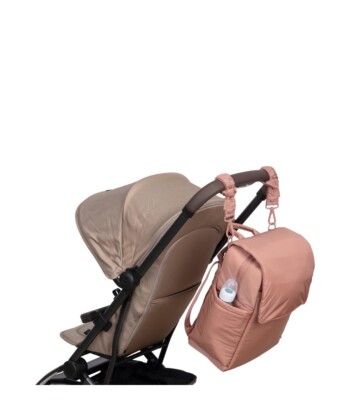From Shakespeare to Sinatra, the moon has found itself playing the unwitting foil in all kinds of human dramas, but next year, it will be getting a much more literal delivery of our emotional baggage. To help fund the first privately financed mission to the moon, Pittsburgh-based logistics company Astrobotic is selling payload space aboard its lander to the highest bidders. Items slated for the journey thus far range from the sentimental (wedding rings, family photographs, a memory chip full of poems and artwork from Oklahoma schoolchildren) to the macabre (pet hair, cremated human remains). The hodgepodge will be accompanied by a pair of Japanese-designed rovers hoping to win Google’s $30 million Lunar XPrize, awarded to the first privately funded robot to land on the moon. And in yet another first, riding shotgun will be a pair of Mexican astronauts, whose fares are being paid by the fledgling Mexican Space Agency.
Astrobotic CEO John Thornton says that with government superpowers out of the game, space travel will be open to anyone willing to foot the bill. “Think of us like a UPS or FedEx to the moon, taking packages from around the globe,” he explains. “Our goal is to make the moon accessible to the world, and that involves intentionally leaving it open for what the world will want to do with the moon.”
That apparently also includes shameless publicity stunts. The world’s first moonvertiser will be Pocari Sweat, a Japanese energy drink that’s taking product placement into the stratosphere with a scheme to dump a can of its sports beverage on the lunar surface for all eternity. According to a spokesperson, the container’s titanium cap will be engraved with the dreams of 80,000 children, each of whom will receive a “dream key” that fits a keyhole on the lid—so that when they grow up and become astronauts they can unlock the long-sealed can, mix up the powder inside with some moon water and quench the thirst of their ambitions. (Of course, in space, no one can hear you scream.)
Thornton insists that Astrobotic’s main objectives are about exploration and eventual human settlement. “But along the way,” he says, “there will also be the advertising and marketing opportunities. We are not out to just put a billboard up there; we want to make meaningful experiences for people.”
As one might expect, meaningful experiences 238,900 miles from earth don’t come cheap. To have your trinkets ferried into space in a 1″ x 2″ capsule, Astrobotic asks for $25,800, with bigger loads priced at $1.2 million per kilo. Pocari Sweat’s fee remains undisclosed, but considering that a one-minute Super Bowl ad costs $9 million, they may have gotten the publicity steal of the century (case in point: we just mentioned their brand twice).
The prospect of a moon littered with branded mouse pads concerns many, but there’s not a whole lot they can do about it at the moment; the laws of the lunar province are nascent.
“It’s very much like the Wild West,” Thornton says. “There’s an international Moon Treaty that basically says you can’t militarize it. There are guidelines that say don’t land on Apollo hardware or mess up existing assets up there. But otherwise, it’s wide open.”






































